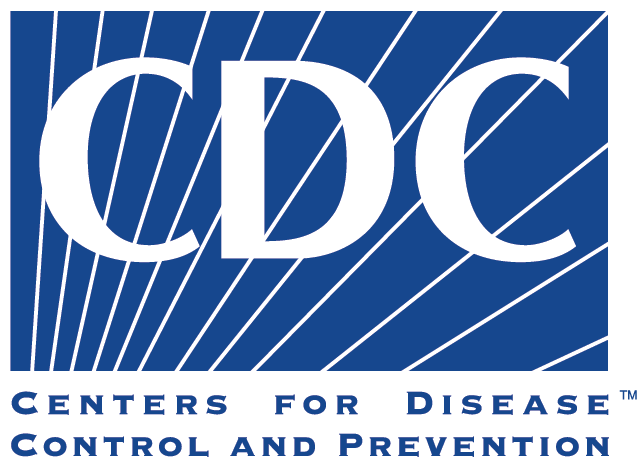When looking through job or internship listings, it can be easy to miss several pieces of key information, especially if you’re in a hurry to apply.
While every part of a job listing is meant to give you insight, some things are often forgotten about by applicants until much later in the hiring process. Below I’ve compiled a list of some of the most important things to look for in any job listing (and to ask an employer about if you don’t see them mentioned).
1. Listed Benefits
Check to see what kind of benefits are included with the job besides your stipend or salary, such as healthcare, compensation, insurance, vacation time, sick days, professional development and in-office benefits (like free food or a nap room). They might not all be listed, and that’s something you can ask about in an interview.
Also, check out what is listed as starting pay and make sure you understand if there are any other components of a salary to be aware of (like commissions or bonuses).
2. Commute
Sometimes applicants get so excited about an opportunity that they don’t ask several important questions about their commute:
- Where will you be working? Is it far from where you live, and how much will the commute cost you?
- Will you be able to drive or use another mode of transportation to get there on time every day? How long is the commute and how bad does traffic get?
- Will your employers expect you to relocate for the company or travel for business trips?
- Are you able to work from home at all, or do you need to be in the office every day?
One thing you can check on is if there are carpool options, whether it’s with neighbors or co-workers. You can also ask what measures the company will take in order to help you get to work, such as commuter benefits or a company car or shuttle.
3. General Role Expectations
Often the expectations reflect strongly on what the company represents, so it’s good to know before applying what will be expected of you once you start the job. This is especially important given that responsibilities can differ great from company to company, even if two people have similar job titles.
For instance, an editorial intern at one company could be spending most time uploading and proofreading articles, while another one spend lots of time writing articles.
To make sure the role expectations are in line with what you’re looking for, here are some questions to ask yourself:
- What type of work must you accomplish each day?
- Based on the listing, are your days very goal-driven, or is there some room for longer-term projects?
Remember that if you don’t like your core responsibilities, chances are, you won’t like the job as a whole, either.
4. Skills and Experience Required
There are generally two types of skill requirements: Need-to-haves and nice-to-haves. Don’t bother applying for a position if you don’t have the need-to-haves skills, but realize that the nice-to-haves are things that will help you stand out. Requirements can be a range of things, including language, computer, medical, and personal skills, but it’s a good idea to check what is required of you before pursuing the job.
The bottom line? Don’t apply if you don’t possess any of the skills or experience a job needs.
5. Application Instructions
What do you need to do in order to apply, and what is the deadline to apply? Many employers will ask for something extra as well, such as a cover letter, a list of recommendations or supplemental questions or requests, so be sure you read a listing carefully so that you don’t miss anything.
Make sure that you have plenty of time to gather everything required in the posting and submit it. It’s especially helpful to submit application materials early, but the most important thing is that they’re at least on time.
As I mentioned earlier, most job postings won’t have all of these listed, but make sure you look through the listing several times. Gather the information you can and use that to guide you through the rest of the hiring process.




